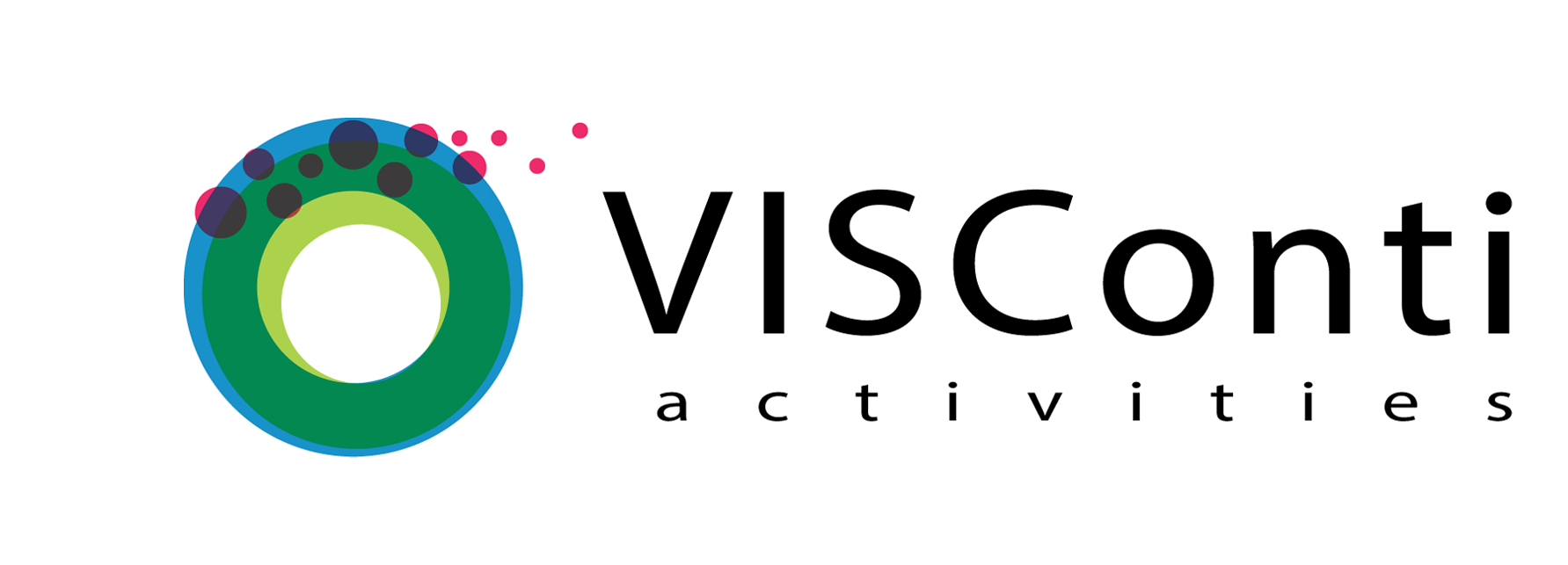Results
UPPScience was a further development of VISConti, however, it was also a sustainable investment in education and training on its own steam. It is a CoP that will bring together different generations in education therefore rejuvenating further education of teachers and educators through their engagement with younger generations in the same field. It created and still promotes a new practice in VET and in early HE years of study but that can also be experimented with mainstream education schools therefore widening the scope of the practice and innovative methodology outside VET.
UPPScience stands for Using Profiling and Publishing for the upping of Scientific Approaches. The concept of UPPScience lies in the development of a quality strategy through profiling and publishing. Its point of departure as a quality strategy lies in three basic practices in the CoP:
1. Publishing papers requires review by at least two peers from within the CoP,
2. Once a paper is published it becomes part of one's profile and it therefore becomes representative of the quality of an individual at a professional level;
3. Peer reviews of papers published by others also become part of the reviewer's profile, thus making it paramount that one opts to review and approve papers of quality.
UPPScience took on and adapted the validation tools for review of content in relation to creativity and innovation, quality of research and presentation of information, data, interpretation and conclusions of the publisher. These tools were developed by a start up Quality and Editorial Board made up of experts from within the partnership at the start of the project. This Board determined format, and liaised with technical partners that made these tools available and accessible within the CoP and who also trained all the participants in research, writing and publishing.
Even beyond its lifetime as a project UPPScience still brings into education the culture of research, and improves employability, job mobility and the use of quality centred strategies in education. It helps teachers, trainers and managers in VET overcome their inhibitions against venturing into research and publishing, thereby getting into activities and areas usually considered the domain of academics. Students in the early stages of HE studies will start considering research and publishing as part of their education, outside the usual study and assignment commitments that form part of their curriculum.





